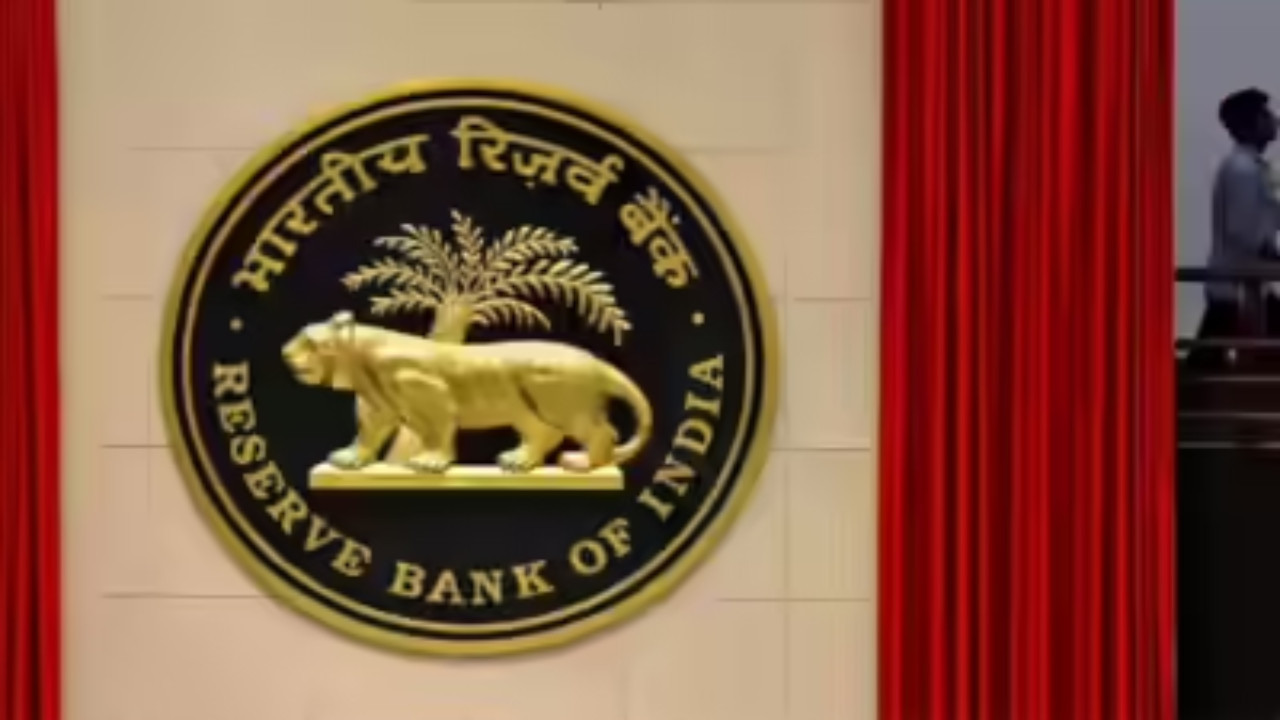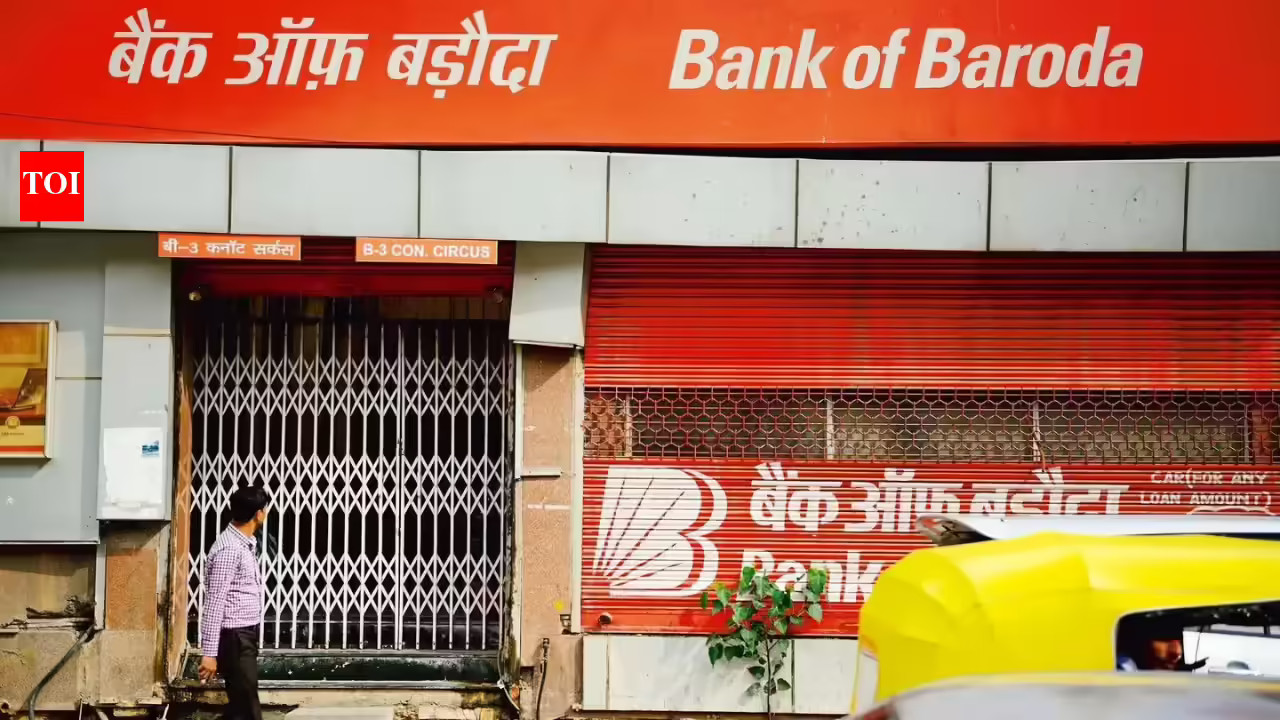The Reserve Bank of India (RBI) has introduced final guidelines to regulate payment aggregators, effective immediately. These guidelines classify aggregators into three categories and impose stringent capital requirements for non-bank entities, including a minimum net worth of Rs 25 crore by the third financial year. The framework also covers escrow accounts, fund management, and cross-border limits.
Payment Aggregators: The RBI Draws a Line in the Digital Sand
The digital payments landscape in India is about to get a whole lot clearer, thanks to the Reserve Bank of India’s (RBI) newly finalized guidelines for payment aggregators and payment gateways. If you’re a business owner, an online retailer, or simply someone who regularly uses digital payments, these rules will have a direct impact on how you operate and transact. The RBI isn’t just tinkering around the edges; it’s fundamentally reshaping the space.
For years, the digital payment ecosystem has been a bit like the Wild West, with rapid innovation outpacing regulatory oversight. This created opportunities, sure, but also risks – risks related to data security, consumer protection, and systemic stability. The RBI’s move seeks to balance fostering innovation with ensuring a safe and reliable payment experience for everyone.
Capital Adequacy: A Higher Bar for Entry
One of the most significant changes is the establishment of stricter capital requirements for payment aggregators. Think of it as raising the bar for entry into the game. Existing payment aggregators now have until October 31, 2025, to meet a net worth threshold of ₹15 crore. Subsequently, they’ll need to maintain a net worth of ₹25 crore. New players seeking authorization will also need to meet this higher capital requirement right from the start.
What does this mean in practical terms? It essentially means that only serious, well-funded players will be able to operate as payment aggregators. This increased financial stability should translate into a more robust and reliable payment infrastructure for businesses and consumers alike. It filters out smaller, less-established entities that may not have the resources to adequately invest in security and compliance.
Cross-Border Transactions: Setting Clear Boundaries
The RBI’s guidelines also address the increasingly important area of cross-border payment transactions. The central bank is taking a phased approach here. Initially, only inward cross-border payments will be permitted. This means that Indian merchants can receive payments from customers located outside of India through these payment aggregators. The rules for outward payments – Indian customers paying merchants located abroad – are still under consideration and will be addressed in due course.
This measured approach allows the RBI to carefully monitor and regulate the flow of funds across borders, mitigating risks associated with money laundering and other illicit activities. It also gives Indian businesses a clearer path to accessing global markets while ensuring compliance with international regulations.
Enhanced Due Diligence: Protecting Consumers and Businesses
Beyond capital requirements and cross-border rules, the RBI is emphasizing the importance of enhanced due diligence. Payment aggregators will be required to conduct thorough background checks on merchants, ensuring they are legitimate businesses operating within the bounds of the law. This includes verifying their identity, business activities, and compliance with relevant regulations.
This enhanced due diligence is crucial for protecting consumers from fraudulent merchants and ensuring the integrity of the payment ecosystem. It also helps businesses by reducing the risk of chargebacks and other payment-related disputes. Think of it as a ‘know your customer’ (KYC) process, but applied to businesses using payment aggregation services. This increased scrutiny is likely to foster more confidence in digital payment methods, encouraging adoption.
Impact and the Road Ahead
These new guidelines represent a significant step forward in the evolution of India’s digital payments landscape. While some smaller players may struggle to meet the stricter capital requirements, the overall impact is expected to be positive. The increased financial stability, enhanced due diligence, and clear cross-border rules should lead to a more secure, reliable, and efficient payment ecosystem.
The final rules for payment aggregators are a pivotal development. It’s a sign that the RBI is committed to fostering innovation in the digital payments space while also safeguarding the interests of consumers and businesses. It’s a delicate balancing act, but one that is essential for the continued growth and development of India’s digital economy. As the industry adapts to these new rules, we can expect to see a further consolidation of the market, with stronger, more reputable players emerging as leaders. Businesses should familiarize themselves with these guidelines and ensure they are working with compliant payment aggregators to avoid any disruptions to their operations. Consider reading our article on [choosing the right payment gateway](/blog/best-payment-gateway-india) for your business.
In the end, the move aims to create a payments landscape that fosters trust. A payment system built on a foundation of trust is one that’s more likely to thrive in the long run, benefiting everyone involved.








